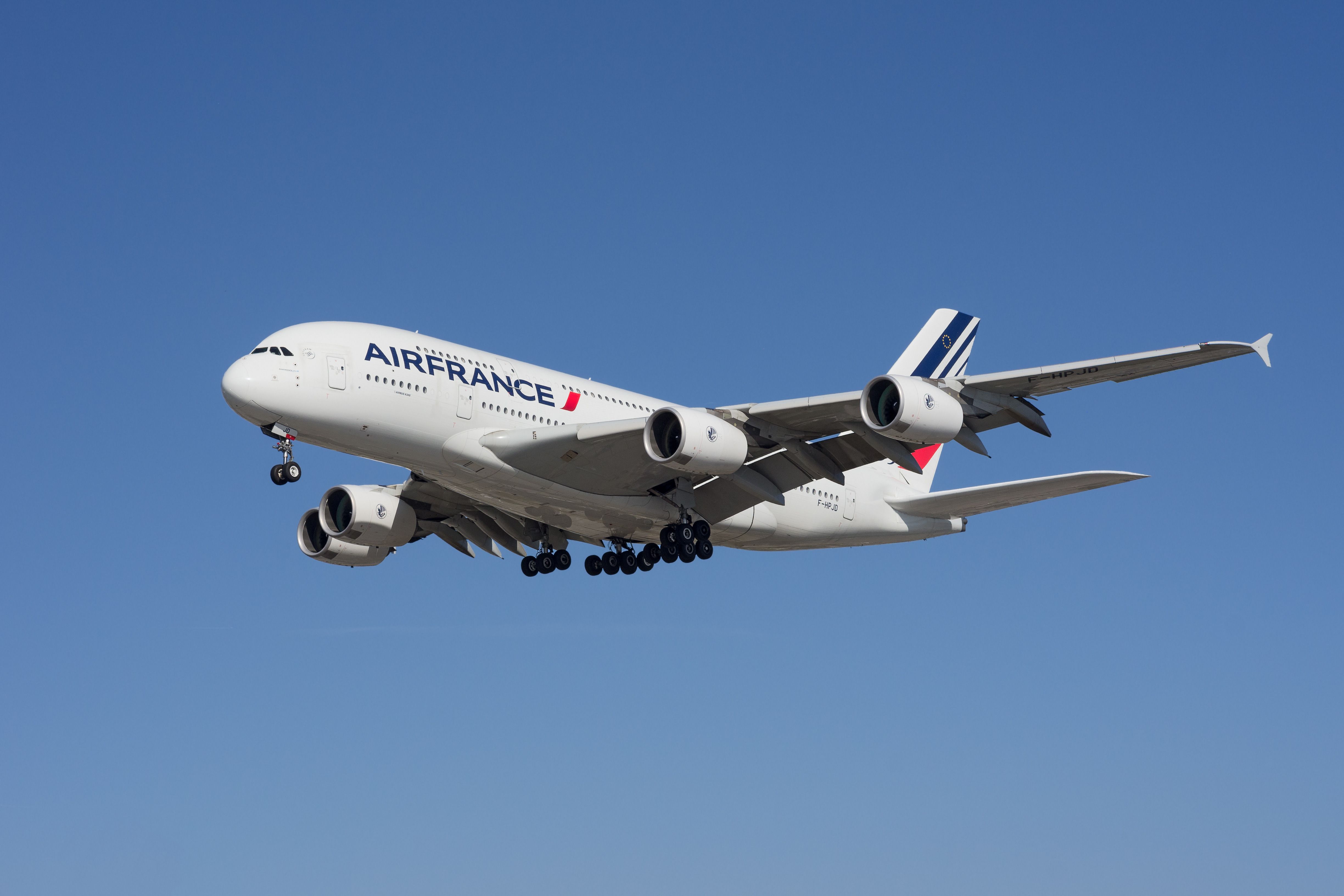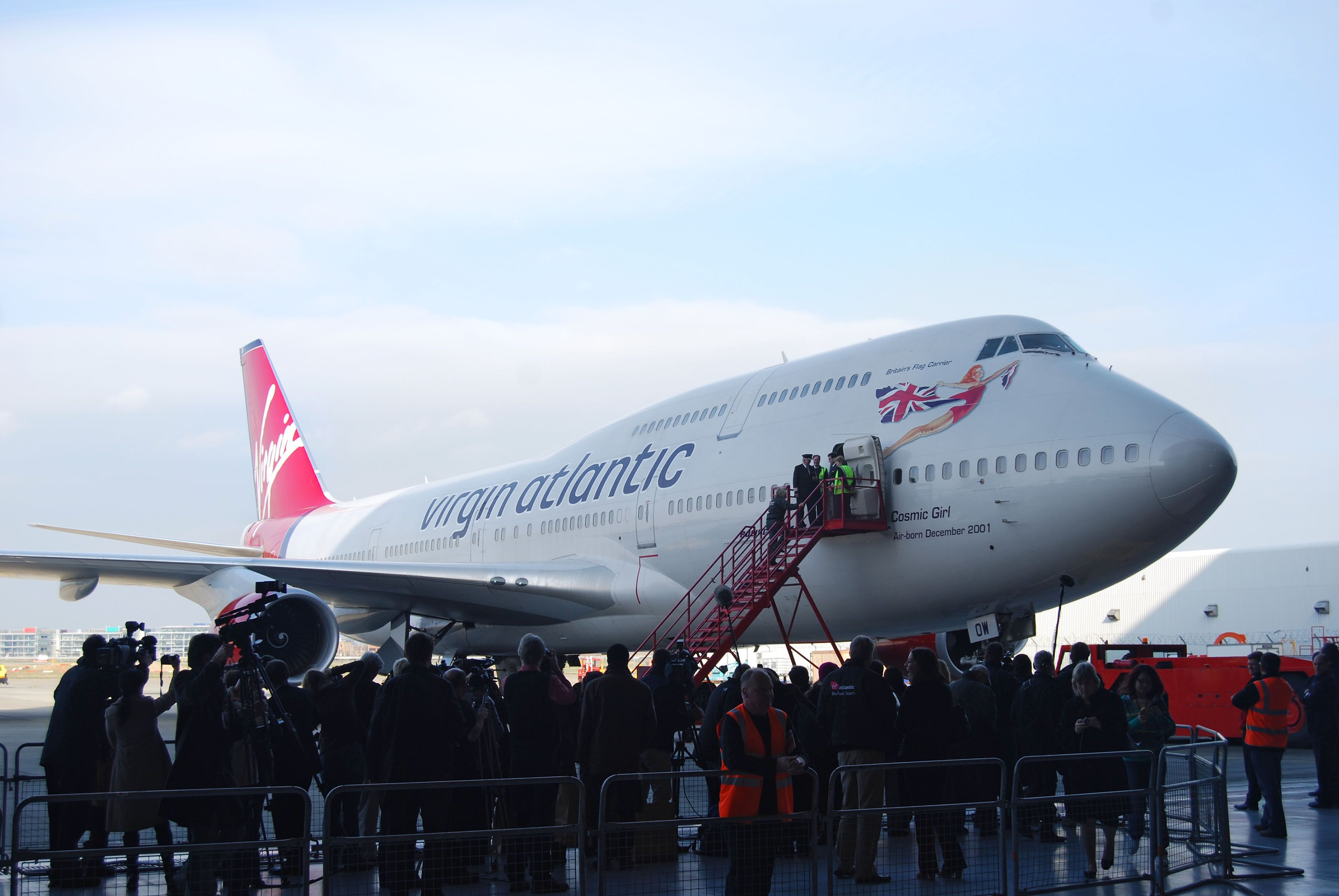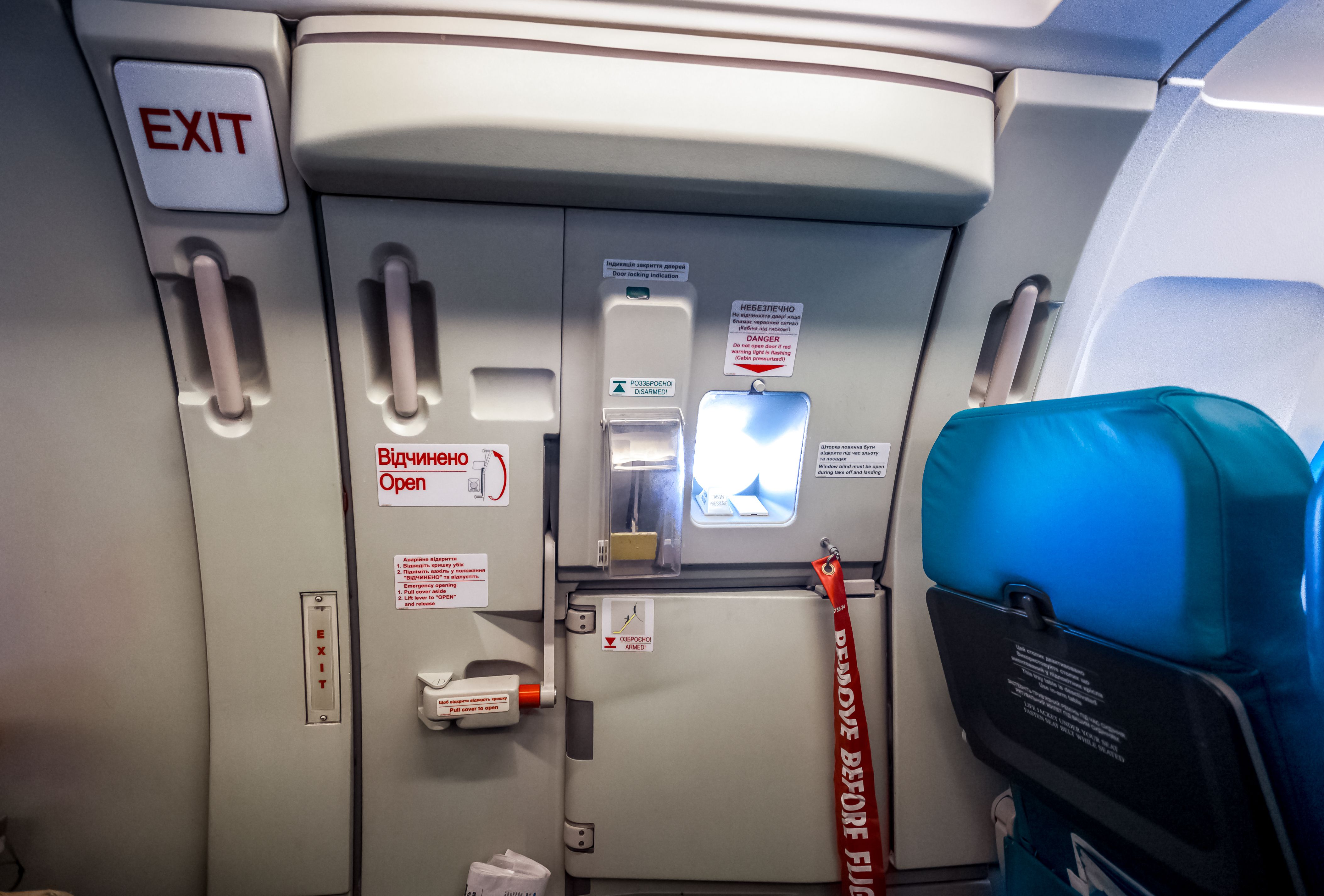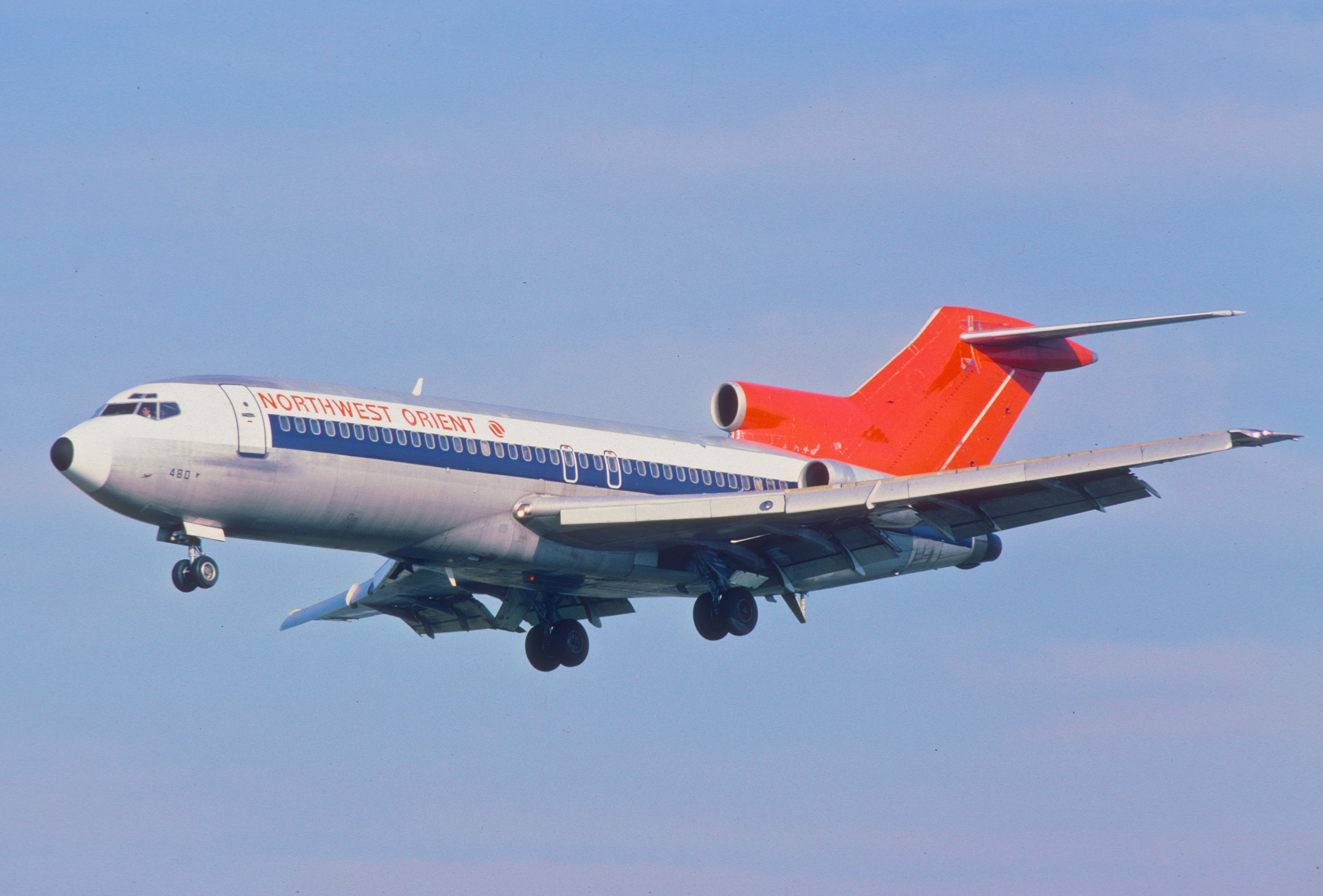Summary
- Doors are mechanically locked before departure & cabin pressure prevents mid-flight opening.
- Pressure inside the cabin is too strong for mid-flight door opening attempts.
- Attempts to open doors while airborne usually end in handcuffs & flight diversions.
Have you ever wondered if the aircraft door can be opened mid-flight? While we hope that people don’t go ahead and try it out during the flight, it is imperative that if the door is indeed opened, it may cause a depressurization event. Cabin crew follow specific procedures for closing (and arming) and disarming (and opening) aircraft doors on the ground.
The mechanics of operating a door
The first thing to consider is that doors are mechanically locked by the cabin crew before the aircraft departs. The cabin crew closes the aircraft’s doors once all passengers are boarded, but there is one final step before the cabin is completely secured. Before gate pushback, the flight attendants will conduct a door check and announce “arm doors” or something similar.
Photo: Boeing
Virgin Atlantic Training Captain Chris Pohl previously told Simple Flying the following about the factors involved:
“The eight cabin doors on the A350-1000 are controlled by the crew member assigned to them and “cross-checked” by the opposite crew member. The arming instructions come from the FSM (flight Service Manager) when we begin our pushback. The call to disarm the doors comes from the PM (Pilot Monitoring) as we turn onto our parking stand.”
So, while you’re on the ground, it could be possible to open the door. However, in the air, it’s a different scenario.
Pressure, pressure, pressure
Once airborne, a pressurized aircraft’s doors can not be opened. This is true for pilots, flight attendants, and passengers. Why? For the simple reason that cabin pressure won’t allow it, as it is far too strong for anyone to open them.
Photo: kryzhov | Shutterstock
At a typical cruising altitude, up to eight pounds of pressure are pushing against every square inch of the interior fuselage. That’s over 1,100 pounds against each square foot of the door. Even at lower altitudes, the differential is still more than anyone can overcome.

Related
How Do Aircraft Doors Work?
Ever wondered how passenger doors work?
Cabin doors have a tapered shape that seals them once pressure is applied, much like a plug. Some doors retract upward into the ceiling; others swing outward but open inward first.
But didn’t D.B. Cooper do it?
The infamous case of D.B. Cooper, who pulled off the incredible feat of escaping from a Northwest Airlines Boeing 727 with a bag full of money, is the stuff of legends. There is still so much mystery behind his escape, but one thing is certain – the door he exited was not a cabin door, as that would have been far too difficult to accomplish.
The mysterious thief opened the 727’s rear door and lowered its stairs in flight. This is something civilian flight crews were unaware was possible at the time. Cooper’s sky-high bailout into the night sky and many stories and conspiracy theories also brought changes to the 727s rear door design, including a safety feature named the “Cooper Vane.”
Passengers (and crew) have tried…and tried again.
Mysterious criminals aside, there have been plenty of cases where passengers have tried to open doors during a flight. Almost always, they were never successful and only ended up in handcuffs (one recent incident changed this, however).
On the ground, there have been cases of passengers who have opened doors, and even a frazzled flight attendant or two who have decided to end their flights prematurely within the safety of a parked aircraft.
Notably, in 2023, an IndiGo passenger tried to remove the emergency exit cover on an Airbus A321neo in a mid-air scare between Nagpur and Mumbai. The month before, Indian Member of Parliament Tejasvi Surya accidentally opened the emergency exit of an IndiGo ATR aircraft on the ground in Chennai.
However, in May of that year, an Asiana Airlines passenger actually managed to open an aircraft door while the plane was in flight. How exactly did he manage to do this, if the pressure is so great that it should have been impossible?
He opened the door when the plane was just a few minutes away from landing and at a lower altitude, which meant the cabin pressure level was low enough to allow the door to be opened.
As an Asiana spokesperson explained, the cabin pressure is automatically adjusted depending on altitude, meaning that “when the altitude is low and close to landing, the door can be opened.” Due to this incident, nine passengers onboard were hospitalized, and South Korea has introduced a new regulation mandating that its airline must make a pre-flight announcement warning passengers not to open emergency exits.
Attempting to open a door mid-flight is a serious offense that will usually result in the flight getting diverted to the nearest viable airport. This occurred when an aggressive passenger on a LOT Polish Airlines flight tried to force the doors open – crew members and passengers subdued the perpetrator before he was arrested in Iceland.
Door accidents
General accidents related to doors have also occurred over the years. For instance, in January 2022, the second door of a British Airways Boeing 777 was ripped off in Cape Town. The aircraft was reportedly pushed back with the jetbridge remaining attached to it.
Other than the one-off Asiana Airlines case, it is pretty much impossible for a passenger to get the doors open during a flight. High-flying attempts to open aircraft doors may continue. Nonetheless, opening doors while airborne will be relegated to Hollywood movies, where the impossible can always become a reality.
What are your thoughts about the mechanics of aircraft doors? Do you think an incident like the Asiana Airlines incident could happen again? Let us know what you think in the comment section.




